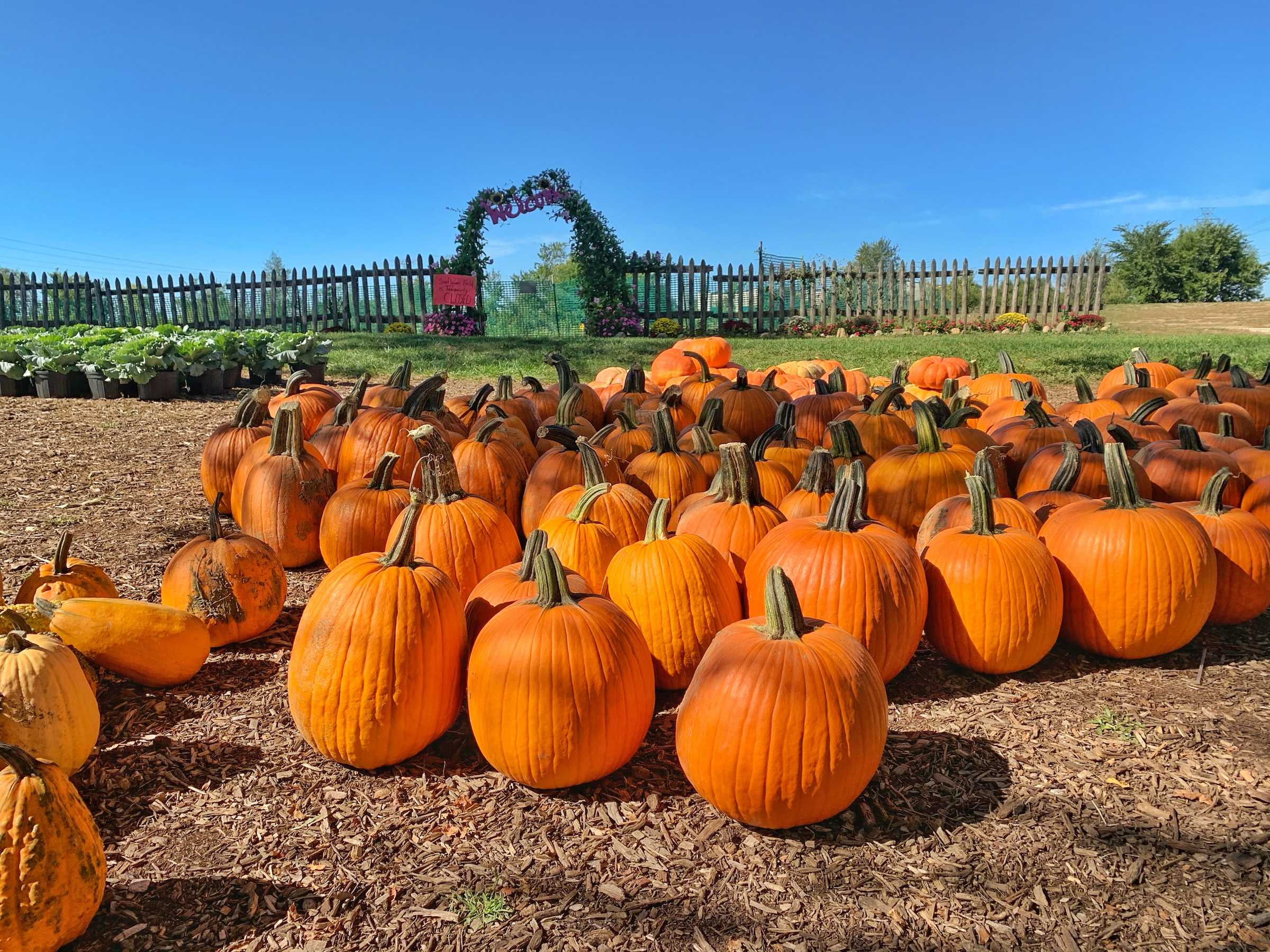


#Gardening and Agriculture #Seasonal #Sustainable Lifestyle
Doug Fogelson
Eating fruits, vegetables, meats, and seafood that are “in season” is a way to get the most out of your food while keeping transport emissions lower and staying connected to growth cycles in your geographic area.
A varied diet brings different nutrients to the body as opposed to eating only favorite foods all year around–which drives the market to provide ingredients that are grown far away and shipped, trucked, stored and sold. The overall carbon cost of food includes all the factors to grow it such as the purchase of equipment, fertilizers, refrigeration and shipping of goods. In contrast food grown outdoors in their natural seasons will contain higher levels of nutrients and tend to have stronger flavors.
Of course, if you don’t have a decent growing season or conditions are unfavorable, there are other sustainable options that can be employed such as hydroponics, aquaponics, and aeroponics.
The longevity of certain foods is temperature-related. Here’s a short list of certain foods that should/shouldn’t be refrigerated:
Goes in the Refrigerator: apples, asparagus, broccoli, berries, cabbage, carrots, cauliflower, cherries, leafy greens, grapes, peas, pomegranate
Ok to Stay on the Counter: banana, watermelon, squash, zucchini, potatoes, peaches, pineapple, avocado, mangoes, tomatoes, onions
There are fruits, vegetables, and meats in season during every month, even the deep of winter.